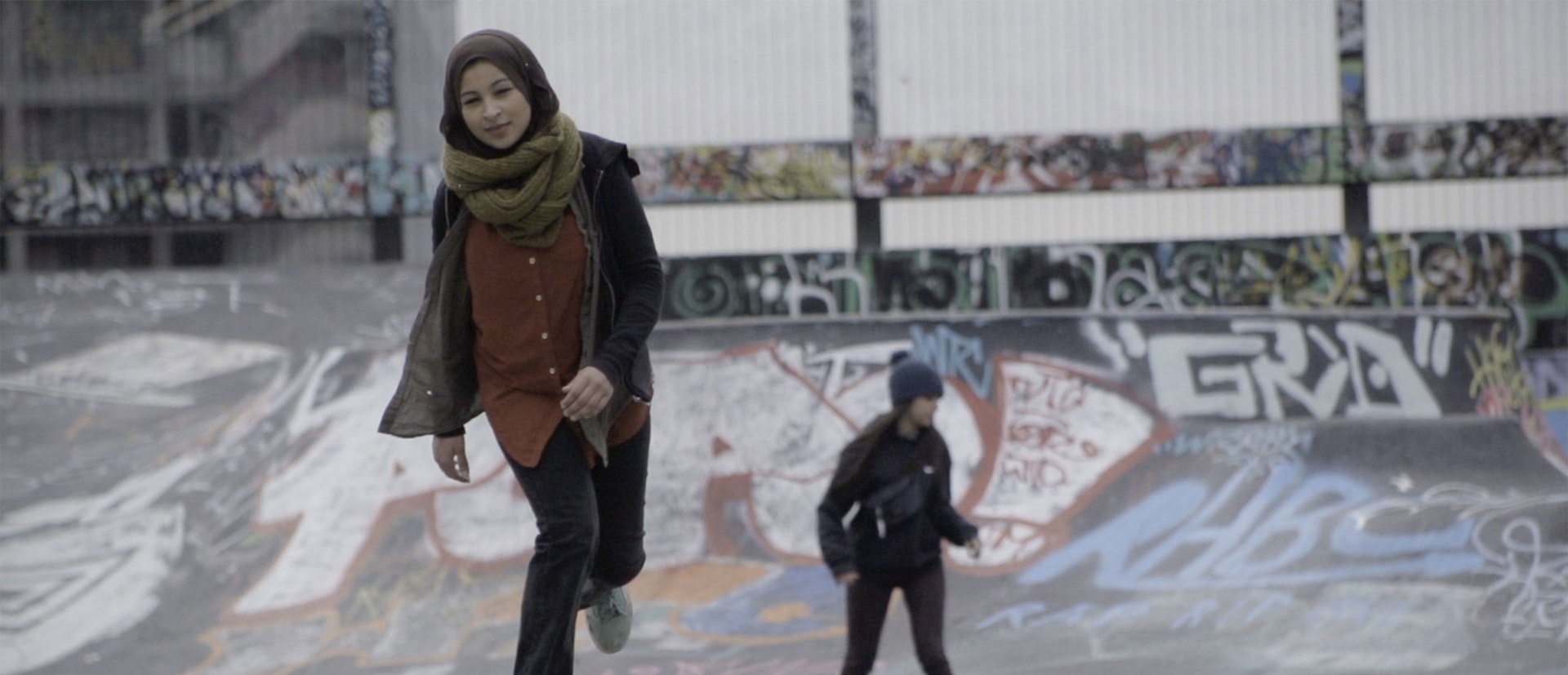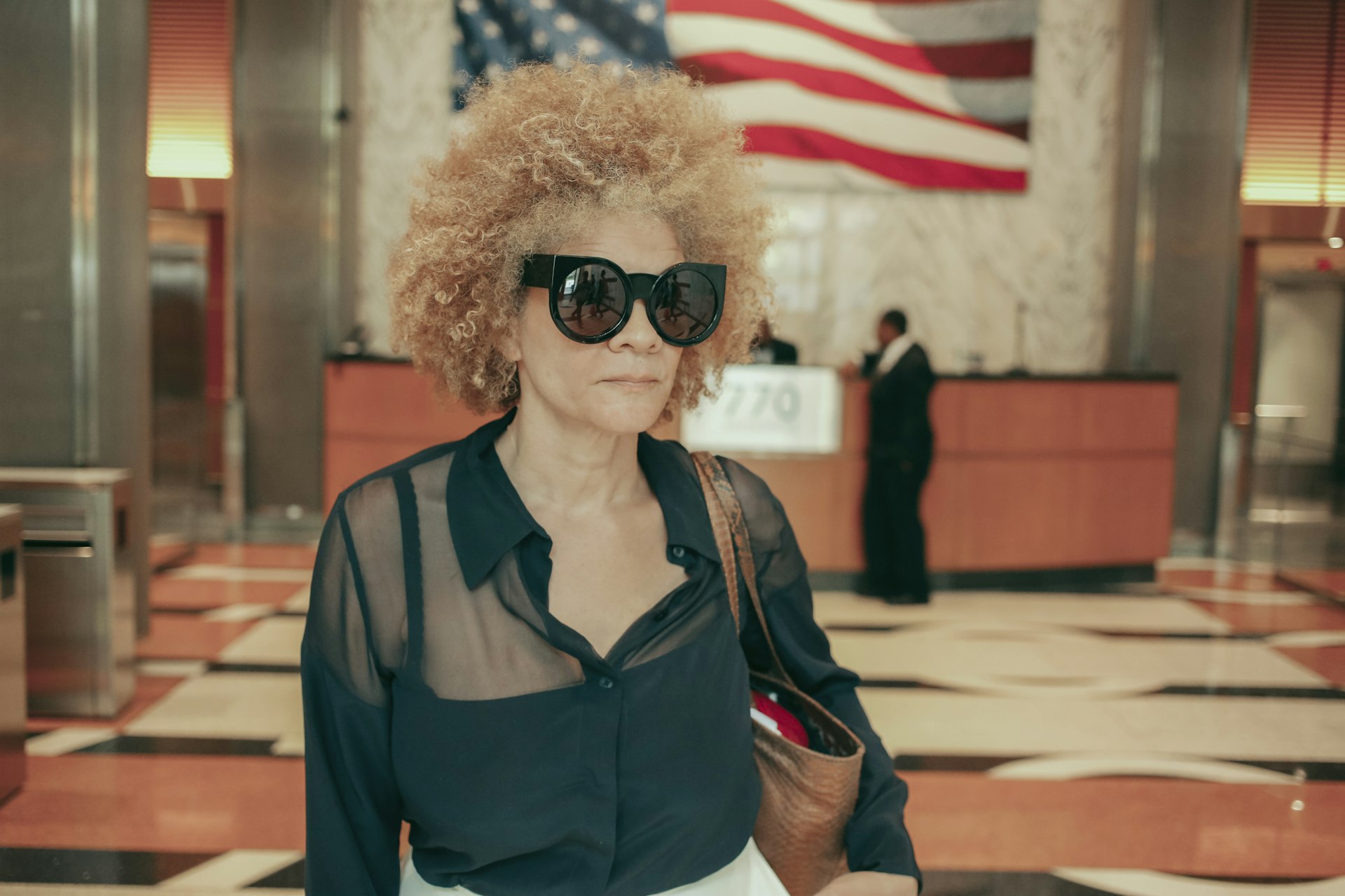
Meet Michaela Angela Davis: the image activist infiltrating the mainstream
- Text by Adriana Monsalve
- Photography by Adriana Monsalve
Michaela Angela Davis is an image activist. She coined the term herself some ten years ago when she started Take Back The Music, a campaign that challenged how black women were represented in hip hop music videos. Based in Brooklyn, she herself challenges perceptions, as a light-skinned black woman, and uses her position to spark debates in mainstream media outlets like CNN and MTV, from how we talk about ‘afro hair’, to how black women are under-represented in Hollywood. A writer, public speaker, stylist to stars like LL Cool J, Mary J. Blige and Prince – and a magazine editor formerly at Essence, Honey and Vibe – today Michaela works with organisations such as Black Girls Rock! to make negative images a thing of the past.
“Activism really started for me in the early 2000s while I was at Spelman College, a liberal arts college for women in Atlanta, Georgia. At the time I was working at Essence magazine, and together with a couple of other editors, we started this initiative called Take Back The Music. We wanted to give young women, in particular young women of colour, a chance to talk about what was happening, particularly through music videos, to their image. It was at a time when most mainstream hip hop videos were objectifying women. In every single video, there were girls on a pole, girls dancing in bikinis and guys rapping in snow suits. It was pervasive; it was everywhere. And a lot of women, particularly younger female thinkers, were starting to interrogate that.
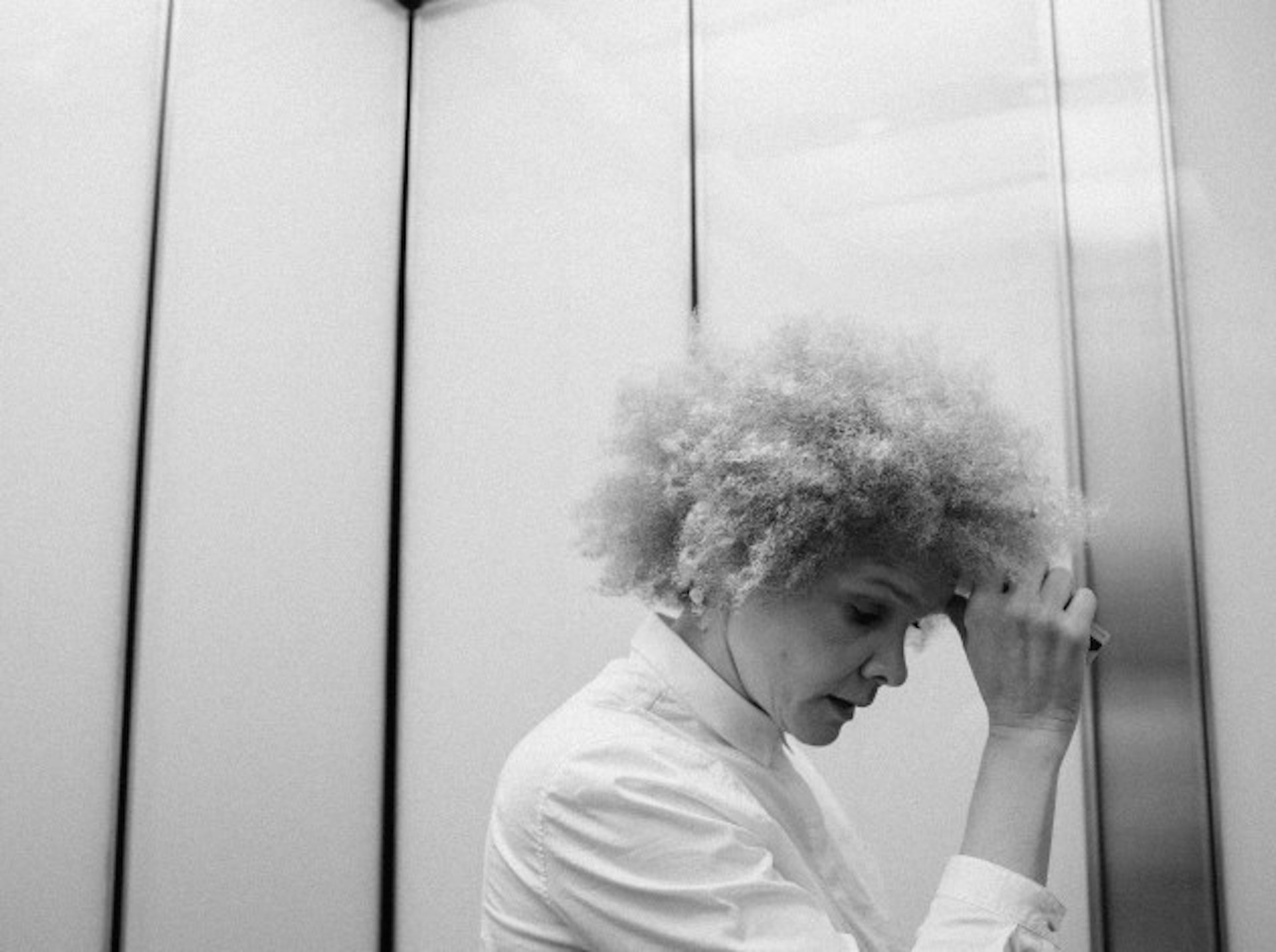
“I first came to New York to train as an actress when I was seventeen. It seemed as though a lot of people were not used to black artists being so well trained. A lot of us coming to New York were shocked as well. We were so used to being with our peers and then all of a sudden I was the only black student in my conservatory, and they didn’t even know I was black.
“There is an ambiguity to my identity, because I am so light-skinned and I have blonde hair, and so many people aren’t versed in our diversity. People only see race in terms of skin tone and colour and hair textures. They don’t know how to see culture; how you move through the world, how you show up, that’s what makes me black.
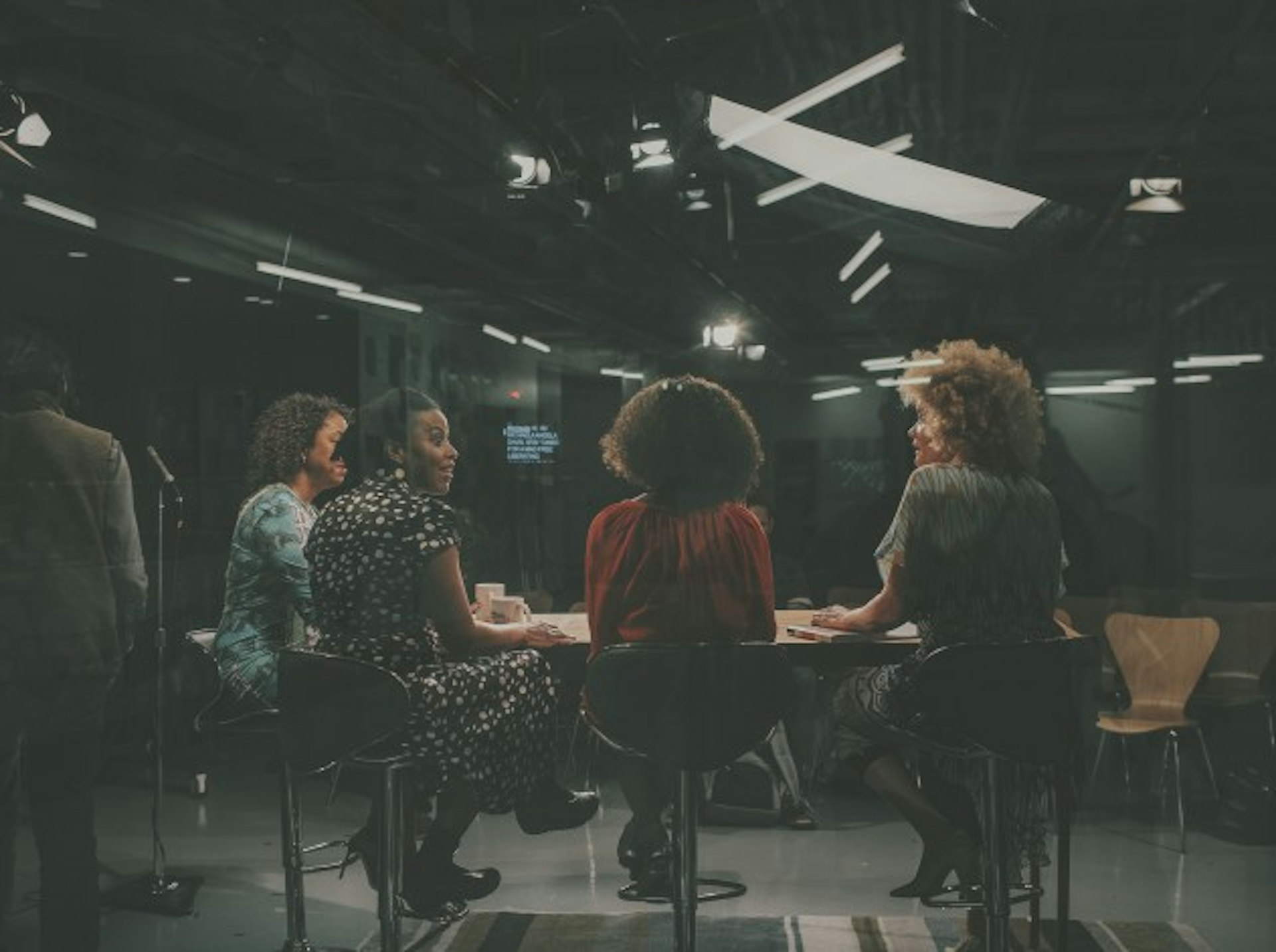
“When I look at the way black women are represented in culture, all I see is narrowness. Narrow narratives. Limitation. Lack of complexity. Lack of diversity in a real way. Diversity is one of those words that has had the meaning sucked out of it. Particularly for black girls. I feel like we have this capacity to embody what looks like contradictions to everyone else in this very effortless way. Like, we can be turned up at the club one day, and on the same day be in deep service in our community. We can be with our families or we can be freaks with our partners. We can look one way in the boardroom and look another way at the club. We can shape-shift in a way that is liberating once you set yourself free but can be confusing and disruptive to a more conservative or whitewashed environment. And that’s why often we are seen as hostile to this kind of ‘one way of being’.
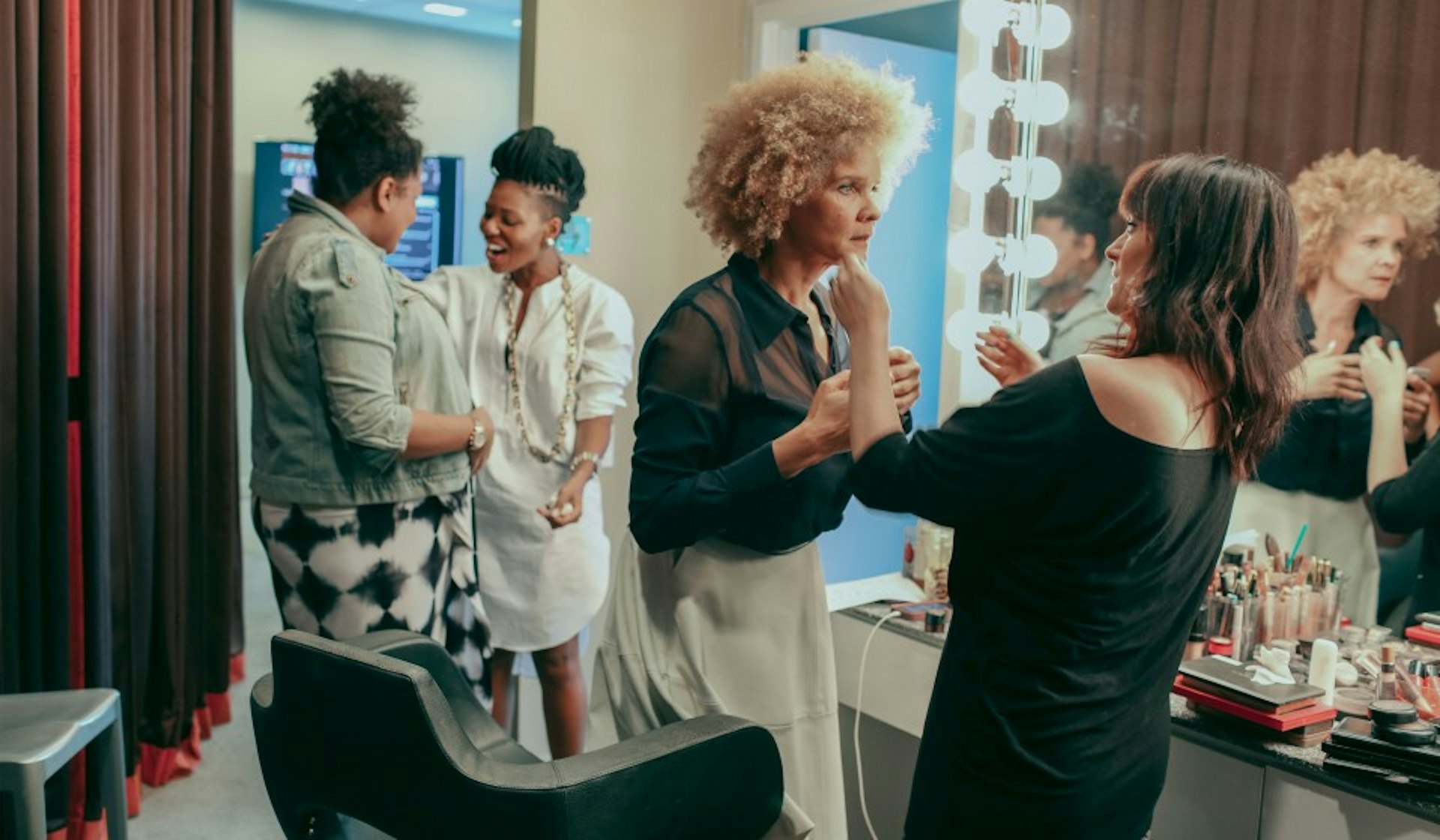
“I still feel like we need to see people of colour with a full and vivid imagination, because we’re not genuinely seeing that reflected in mainstream culture, like movies. The narratives around people of colour are still narrow. I’m interested in making a difference in the mainstream, because that’s where it’s needed and that’s where most people are.
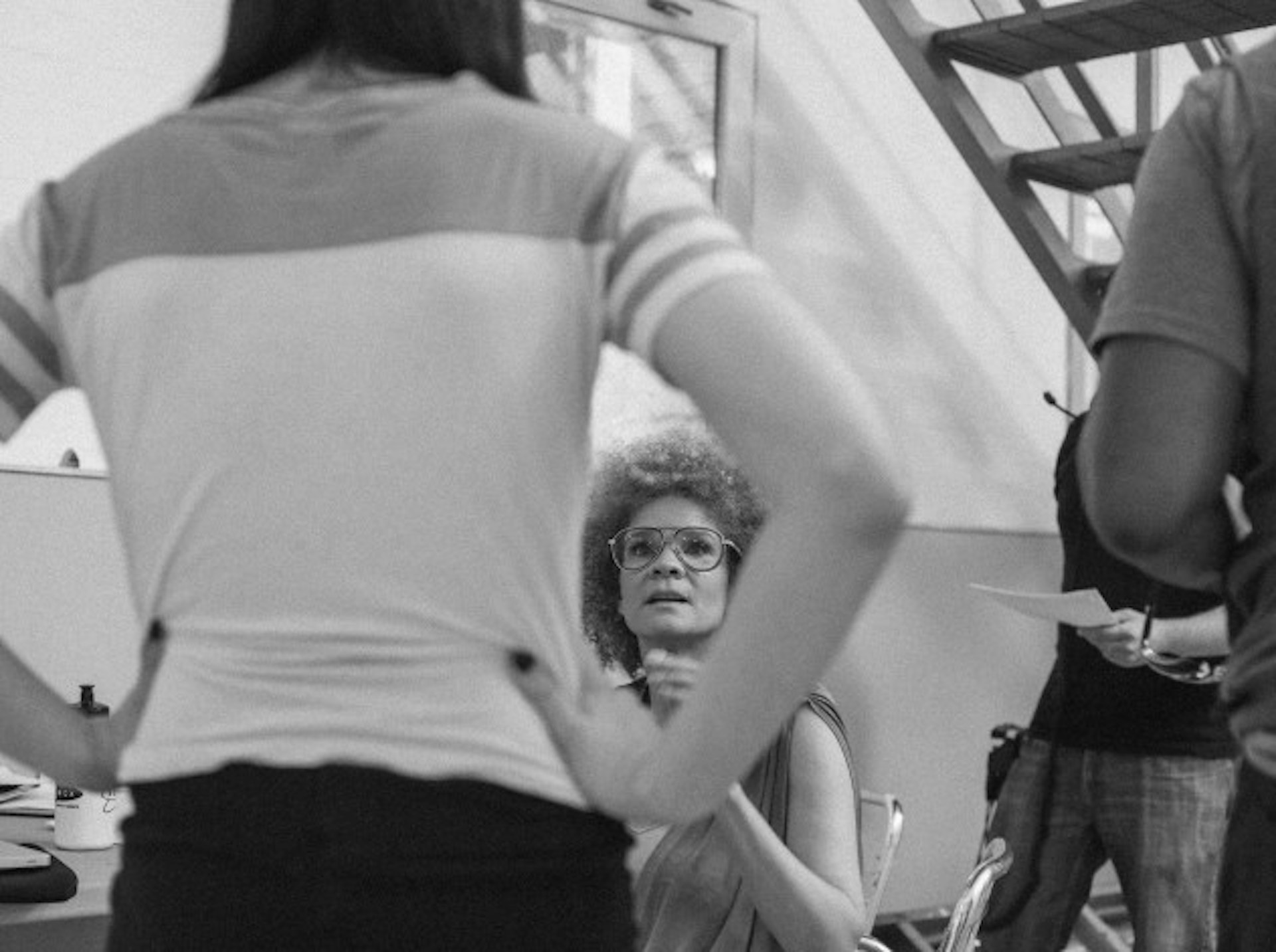
“I’ve been very interested in infiltrating the machine. But infiltrating and contributing to mainstream culture with a sense of culture, because I feel like the mainstream has lost the culture part. I want to use my privilege for sneaking in; at times it’s like, ‘How did they let me in here? Can’t they see I’m kind of a radical?’ But there is enough of me that knows how to get along with everyone, so I figured this is a privileged place to be to represent. It’s a fun challenge to try to do something transformative on a big stage. I’m in the Pop Matrix.
“My mom taught me that you can restart your day anytime you want. But bigger than that, you can restart your life anytime you want. I watched her do it. When she hit forty, she was like, ‘Whose life is this?’ She did a restart, she pressed refresh on her whole life and it was so empowering. She let that soul, core person run the show instead of, ‘This is what society says you’re supposed to do as a woman of colour.’ She was like, ‘I didn’t write that script!’ That is why I think I can change things.
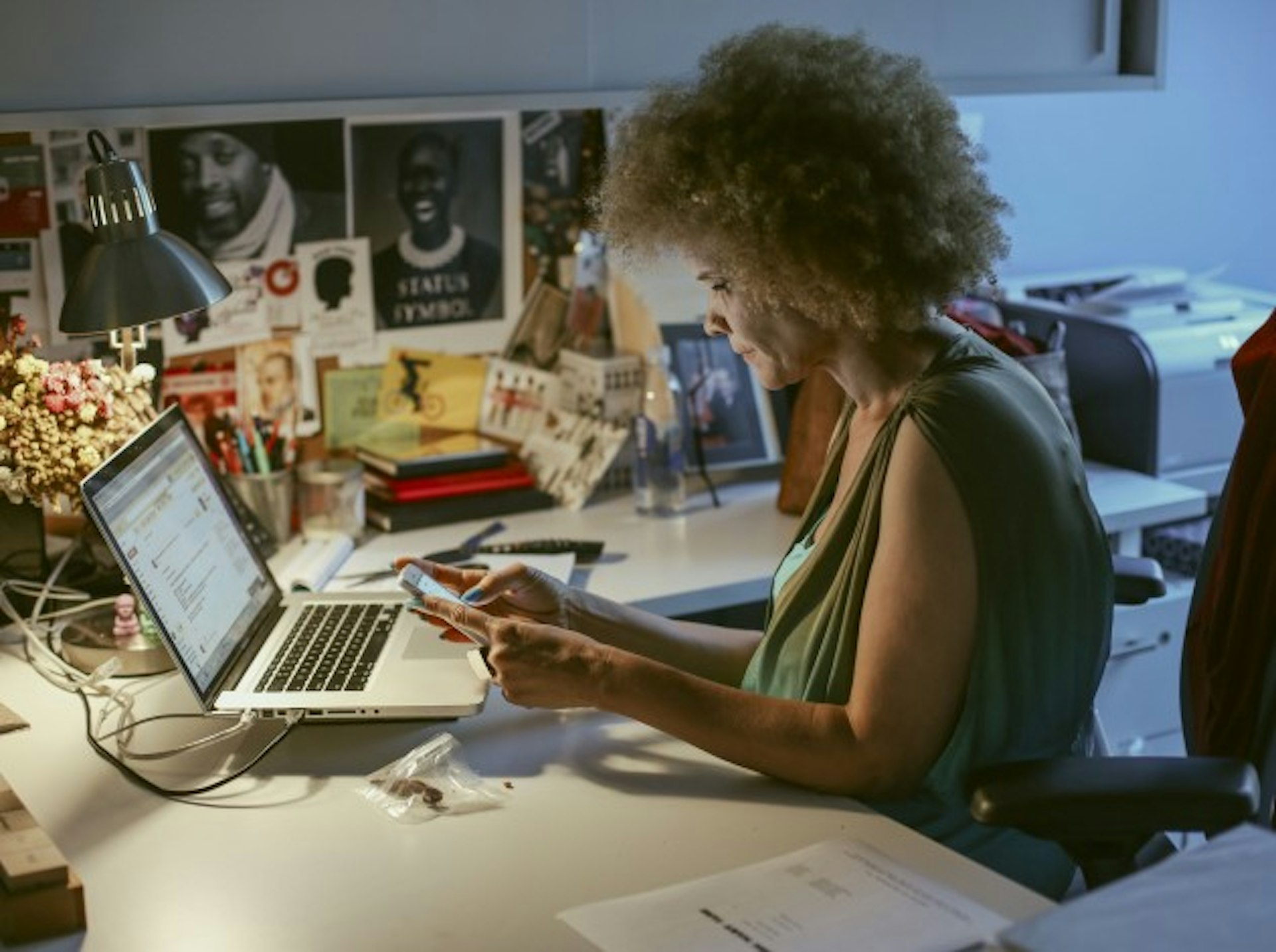
“The essence of activism, for me, is the idea of acting, being in action versus rallying cries and hashtags. So many of us will sit-in and stand-up and fight back, often just to avoid the inner turmoil. You feel a sense of satisfaction because you’re, quote unquote, ‘doing the right thing’. The real revolution is inside. The real revolution is to be who you say you are. And then you’ll be led organically to the right, quote unquote, ‘cause’. Your life will be a reflection of what you believe. And so you will do things. You will see injustice in a way that makes sense for you. So yeah, the revolution is in your soul.”
This article originally appeared in Huck’s Fiftieth Special, a collection of fifty personal stories from fifty inspiring lives.
Grab a copy now to read all fifty stories in full. Subscribe to make sure you don’t miss another issue.
Enjoyed this article? Like Huck on Facebook or follow us on Twitter.
